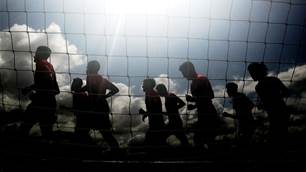They say that trying the same experiment multiple times and expecting different results is a form of madness. What then does this suggest about our national coach and his patently ineffective three at the back system?
Ange has earned a lot of Brownie points with critics and fans alike in Australian football. He restored our pride at the 2014 World Cup. He won the 2015 Asian Cup, and ever since he’s talked up the possibilities for the Socceroos and made us believe we could achieve anything.
The first two games in the final series of World Cup qualifying – everything seemed to be going to plan. Then we started to drop points – understandably in the cauldrons of Asia – but no one was really worried. We had confidence that Ange and his boys would come good.
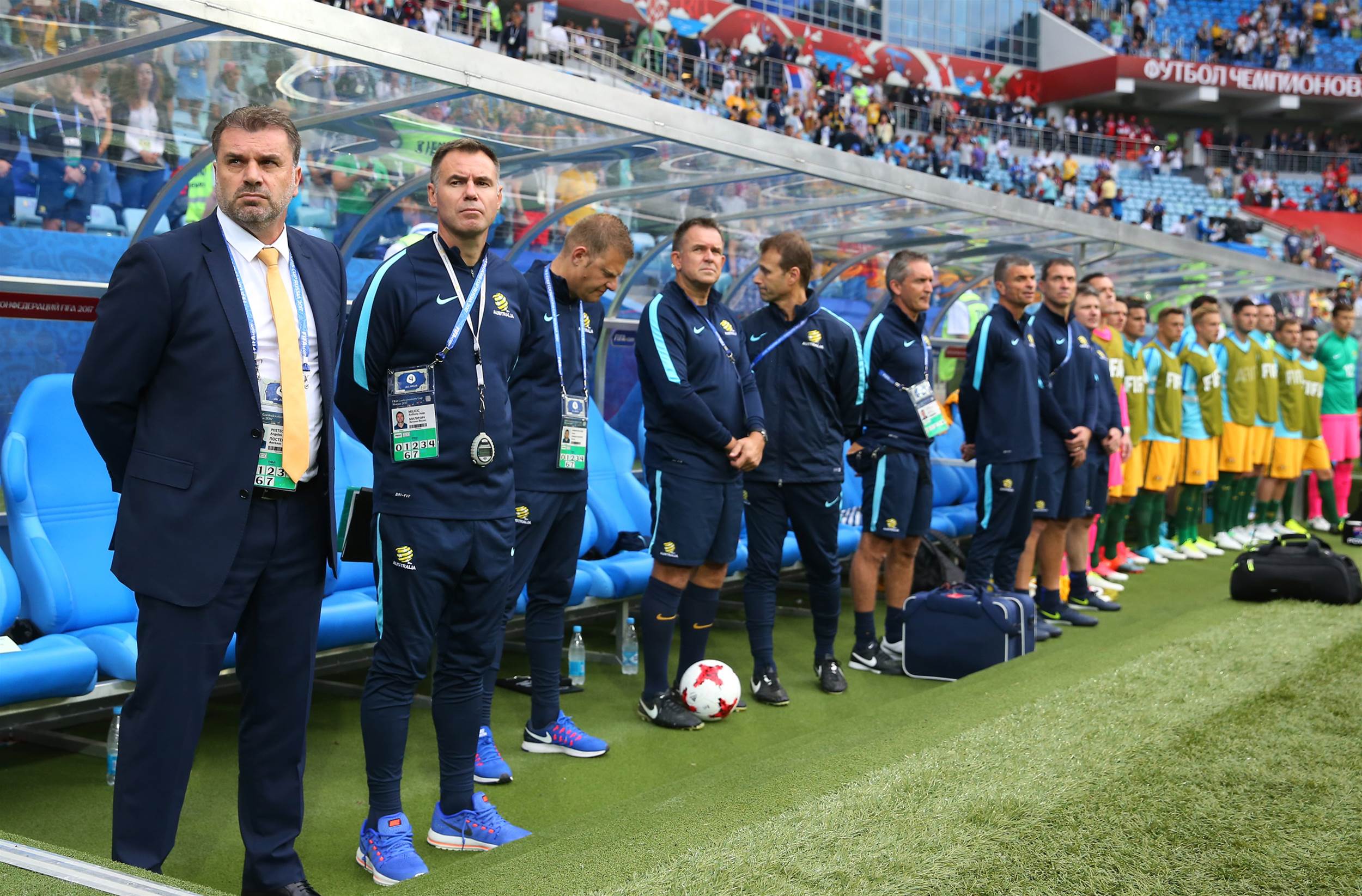
Then everything changed.
Or at least the defensive set up changed. We all watched on with nervous interest as he went into the game against Iraq. The idea made sense in theory – our best players were midfielders, so why not try a shape that allows as many midfielders as possible onto the pitch?
If those good players perform as expected and maintain the lion’s share of possession, it shouldn’t matter how many defenders we have – especially if the zippy wingbacks can motor up and down and fulfil both attacking and defensive duties.
It clearly didn’t work against Iraq and we dropped points in a game we should have won comfortably. The system requires players to have a really good understanding of their roles and to adjust to the various pressures as they arise without possession. Instead we left open to Iraq wide spaces at the back and they exposed us relentlessly – so much so that we lost all cohesion with the ball and were lucky to get a draw.
The same shape employed against UAE saw us win, but that was more because the UAE were just woeful in Australia. That win papered over some worrying cracks.
Then we won again, somehow, against the Saudis – who tore us apart in the first half and our tournament might have been (all but) over if their finishing was a tad better.
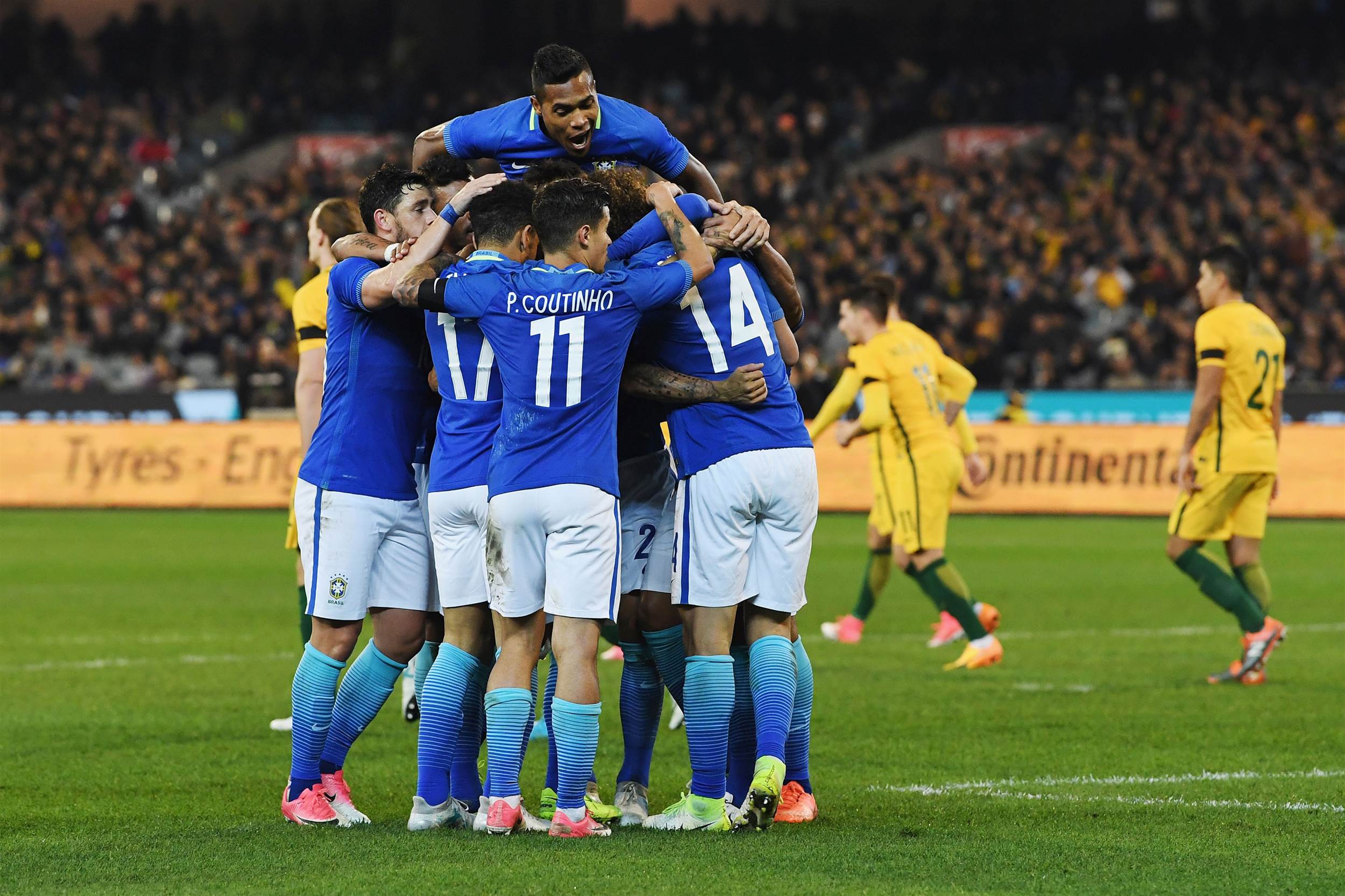
The game against Brazil was an opportunity to go back to the tried and tested (4231), but instead, Ange persisted, and started getting stroppy with the press which questioned his methods.
He hadn’t really been subjected to much criticism or scrutiny, as national coaches typically are by the myriad commentators, both professional and dilettante, who care more about the national team than they care about their wives, husbands, children, jobs and health. (They would pay more attention to these things if I was wrong.)
And frankly, the national coach needs to be a little more respectful of these people and understand that their concerns are just as valid as his own. If he does things that worry them, he should at least be able to explain himself. Or try to. Instead, he disdains questions about his team and snaps at those who dare question his methods at press conferences.
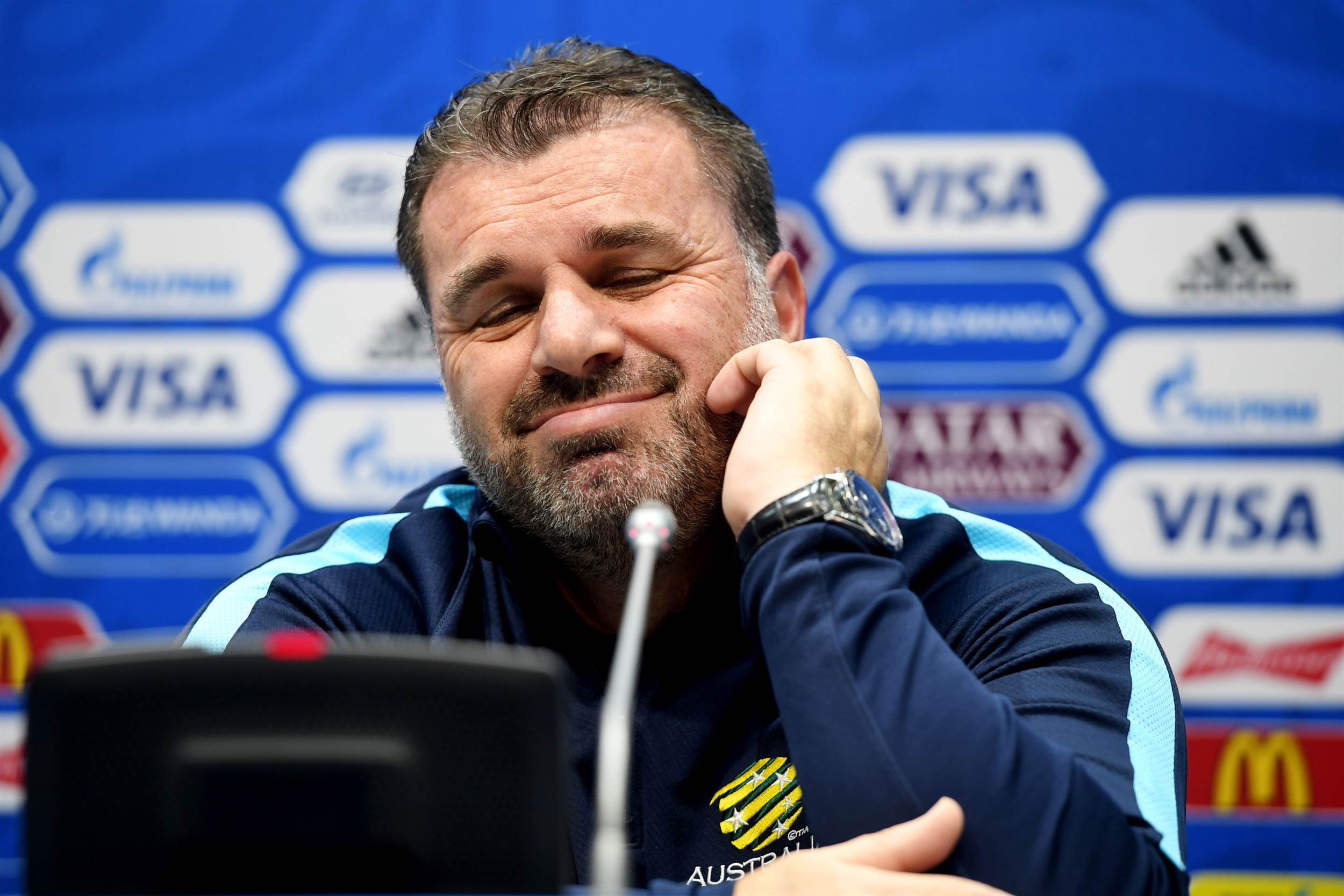
Sorry, but the jig’s up Ange. It’s fine to have a go at something different but it hasn’t worked and now it’s time to go back to what used to work perfectly well: 4231. It may not be the most adventurous system and it may not encourage the sexiest football, but it’s what we’re good at. It's what we understand.
We won the Asian Cup with that system and never looked shaky – even against the very best. And yet now, with the new system, we look shaky even when we win. The reason being that we simply don’t have the types of wingbacks, centre backs and centre mids who can deal with either high pressing teams (like Germany) or opportunist counter-attacking teams, such as we meet in Asia.
The result is that we get found out in the wide spaces at the back and that’s where nearly all the goals have come from. Certainly it’s where most of the chances have come from, and we’ve survived more by bad finishing and desperate goalkeeping than by systematic defending to prevent chances.
This is happening every game and instead of looking to adjust, Ange is digging his heels in and insisting the system works – we just need to play better.
The way I see it, a system is supposed to provide the best possible structure and opportunity for the team to make the best of its abilities. The system needs to suit the players not the other way around. The players can’t play better in a system that doesn’t suit them. At least not straight away. The time to experiment is in friendlies or at training – not during World Cup Qualifiers and major tournaments.
The thing that worries me most is Ange’s resolute inflexibility in the face of criticism, bad performances and bad results. It’s almost as though the team has become less important than the fate of the coach. He’s leaving anyway at the end of the World Cup cycle (whenever that might be) – so it’s starting to feel like Nero fiddling as Rome burns.
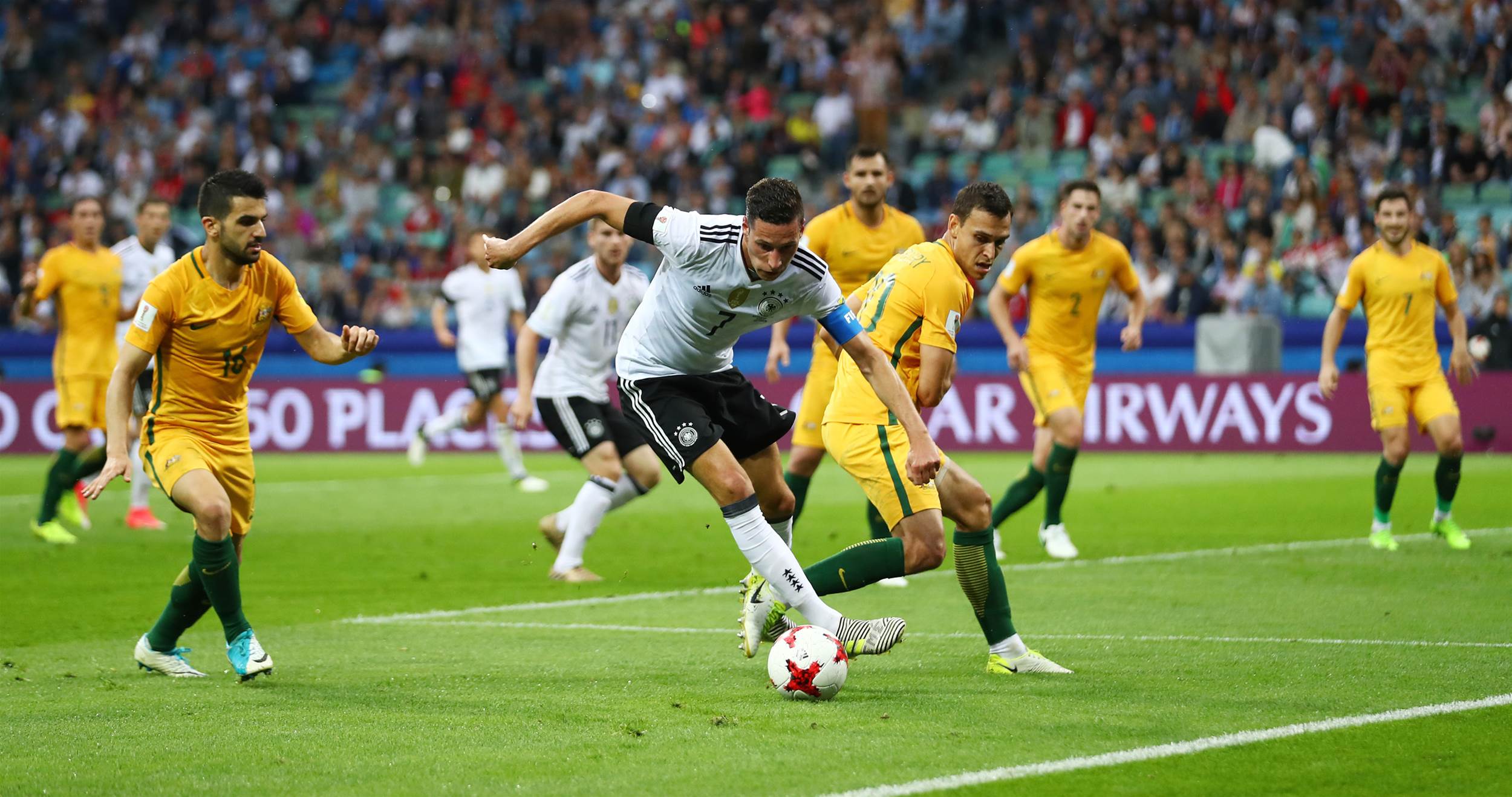
If I was wrong there would be at least some commentators coming out in support of Ange’s system...but there are none! I haven’t heard a single person come out in support of the system. Everyone on telly, online and in the papers, professionals and Joey Punch Cards, everyone is unanimous that the system has to be torn up and a return to four at the back is required.
It’s time to recognize both our strengths and our weaknesses and be pragmatic about what is possible for the Socceroos.
A famous German once described politics as “Die Kunst Der Moglich” – the art of the possible.
Same goes for football, Ange.
4231 please.
Adrian’s latest book Political Football: Lawrie McKinna’s Dangerous Truth is in the shops right now or available through Booktopia. Adrian also wrote Mr Cleansheets.
Related Articles
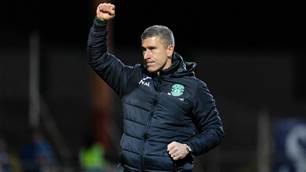
Champion A-League coach set to join Premier League giants
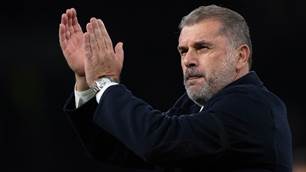
Under the gun: Spurs fans want Ange to be a loser in night of spite
